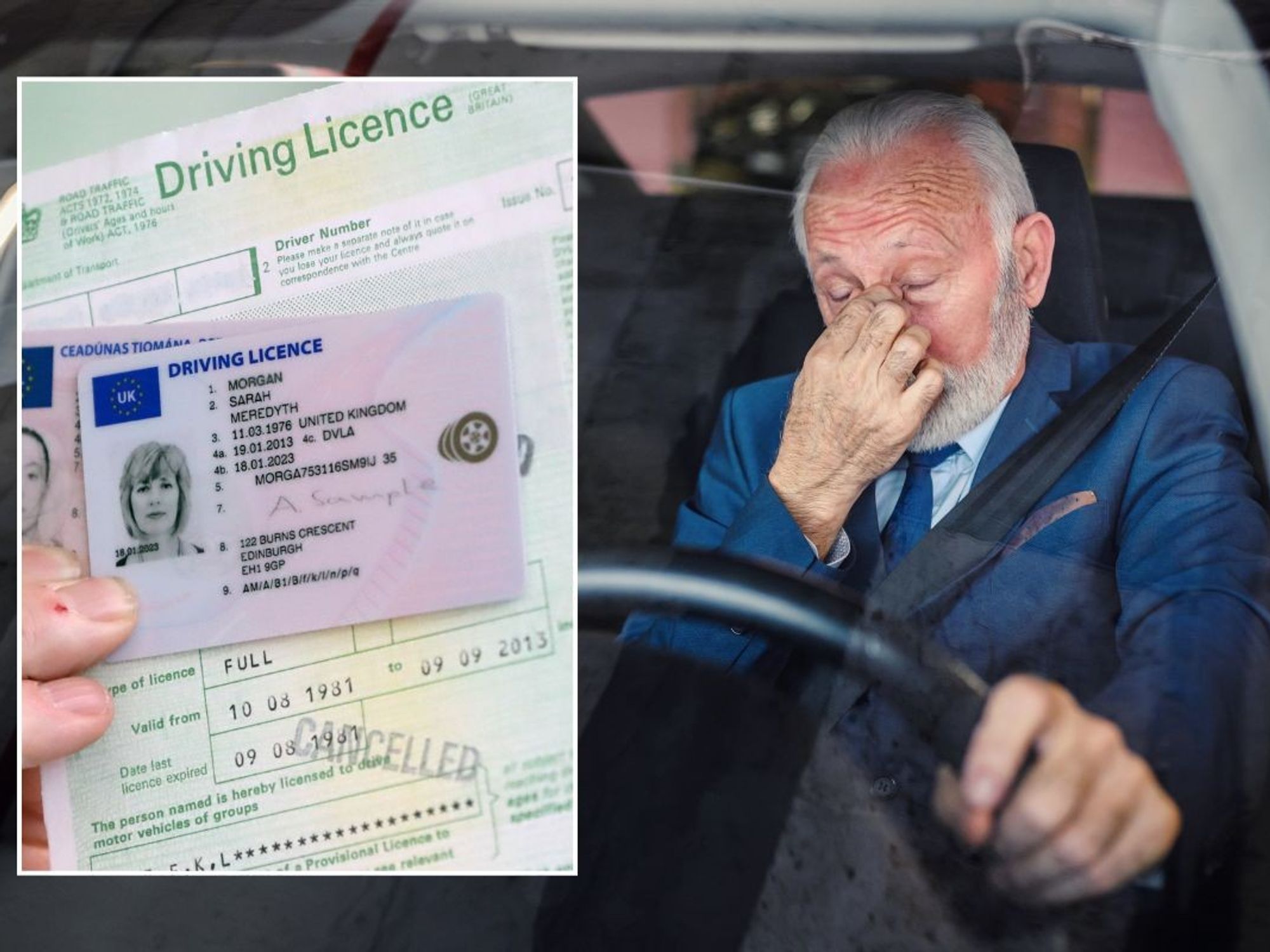A doctor shared a quick test could signify how long you will live
Don't Miss
Most Read
Trending on GB News
Britons who can balance for 10 seconds are likely to have a longer lifespan, according to a new study.
It suggests a simple test could indicate the risk of death within the next 10 years.
Research published in the British Journal of Sports Medicine studied 1,702 men and women aged between 51 and 75 for an average of seven years.
They took part in a test where they had to balance on one leg with the other leg tucked behind it.

Balancing can be a good test of health
GETTY
Some 348 of the participants could not stand on one leg for 10 seconds.
Of those who could not, 17.5 per cent died throughout the study, compared to just 4.6 per cent of those who could balance for longer.
This meant those who could not stand were 84 per cent more likely to die.
This was the case even when factors such as BMI, age, weight and health conditions were considered.
Participants who "failed" the test were more likely to be overweight, have diabetes or be over the age of 70.
Dr Claudio Gil Araujo from CLINIMEX who was involved in the study said: “Our study indicates that the inability to complete a 10-second one-legged stance in middle-aged and older participants is related to a higher risk of all-cause mortality and, consequently, to a shorter life expectancy.
"Ageing is associated with a progressive decline in physical fitness and reductions or impairments in components of aerobic and non-aerobic fitness, including muscle strength, power, flexibility, balance and body composition.
“Falls are the second leading cause of unintentional injury-based deaths worldwide.
LATEST DEVELOPMENTS

Anyone can try the 10-second test
GETTY
“Unlike aerobic fitness, muscle strength and flexibility, balance tends to be reasonably preserved until the sixth decade of life, when comparatively, it starts to diminish quickly.
“Nevertheless, balance assessment is not routinely incorporated in the clinical examination of middle-aged and older individuals.”
The 10-second test has been used as a measure of health before but is not regularly practised.
Britons can improve their health by working on their balance with daily exercises.
This comes as an expert shared a free habit that could help you live longer.









